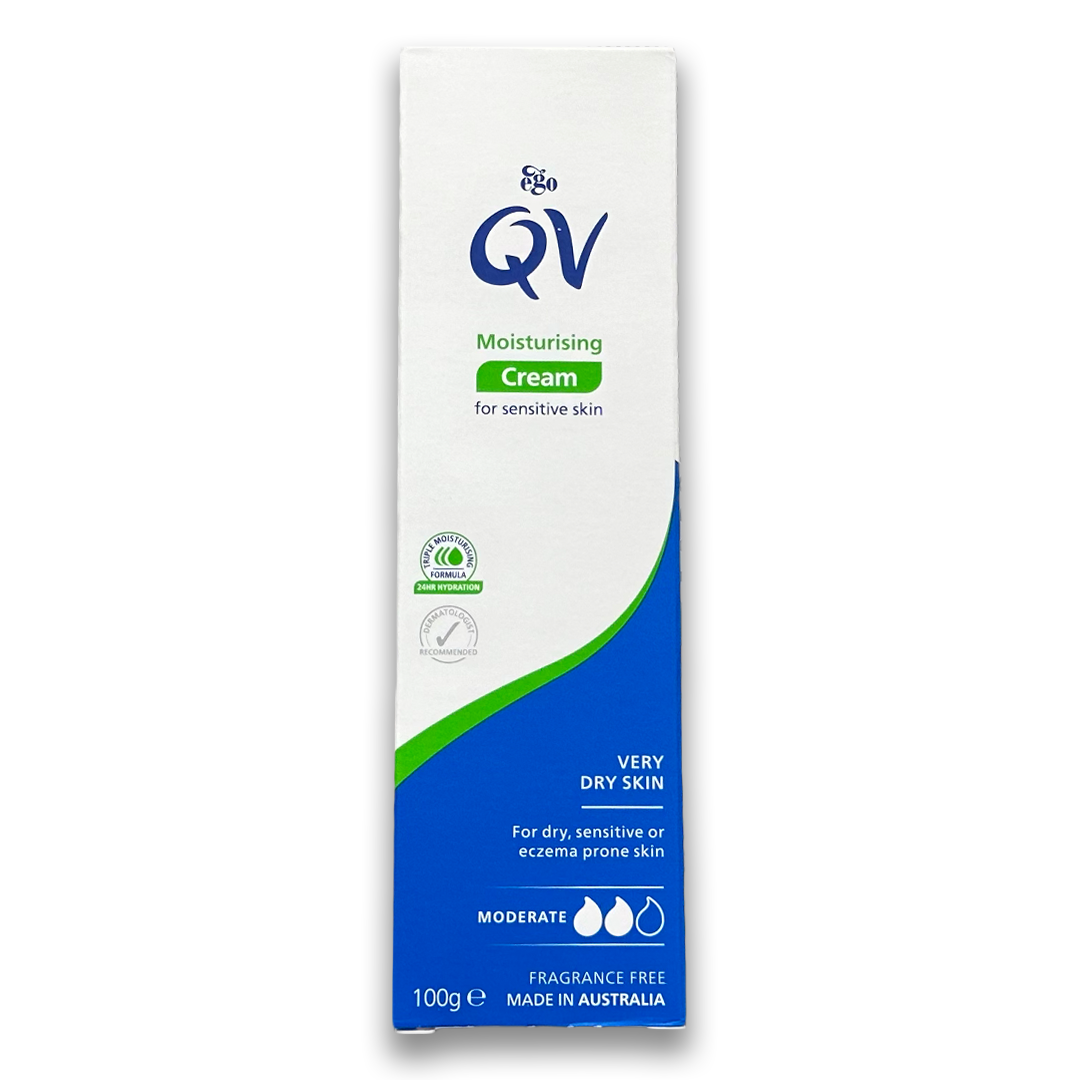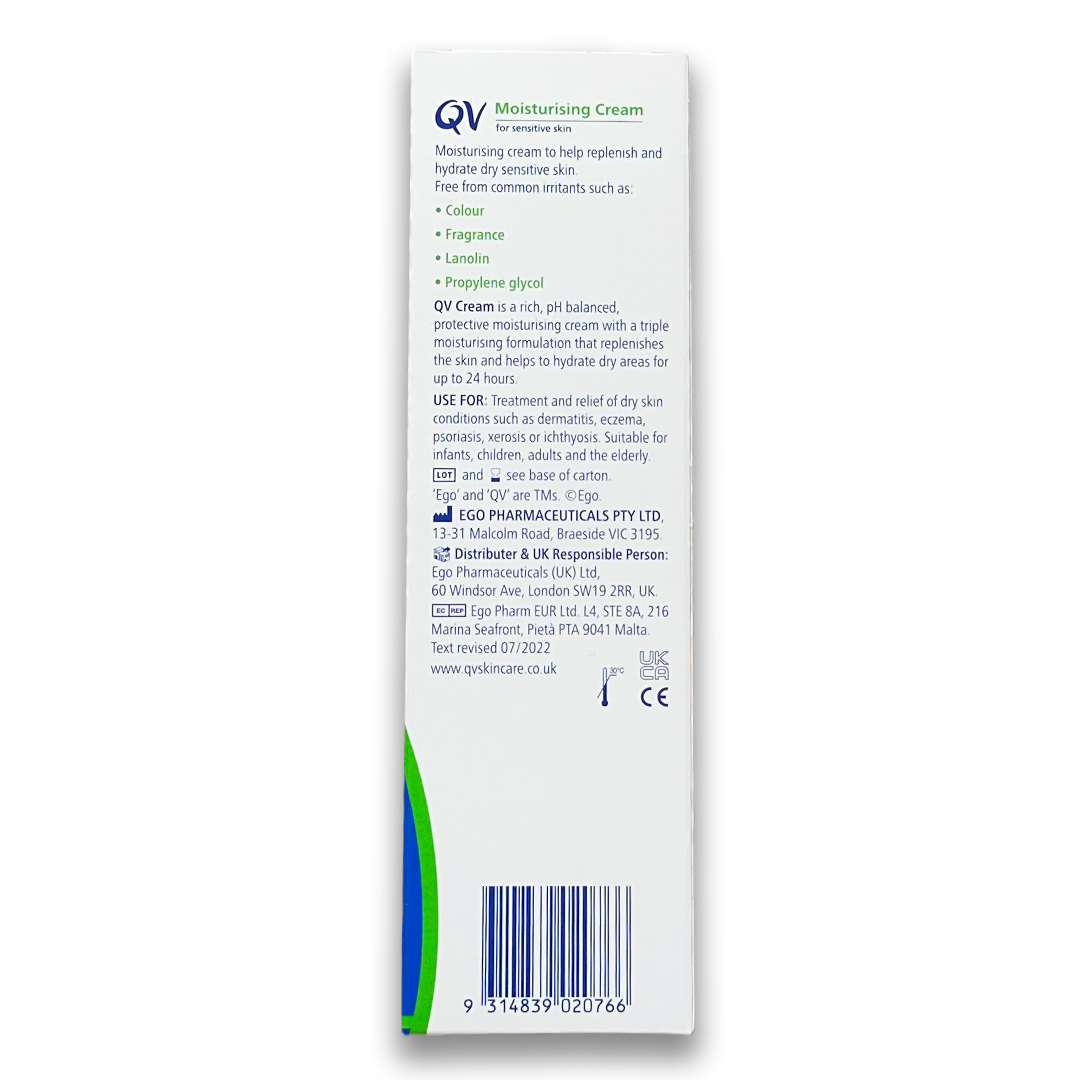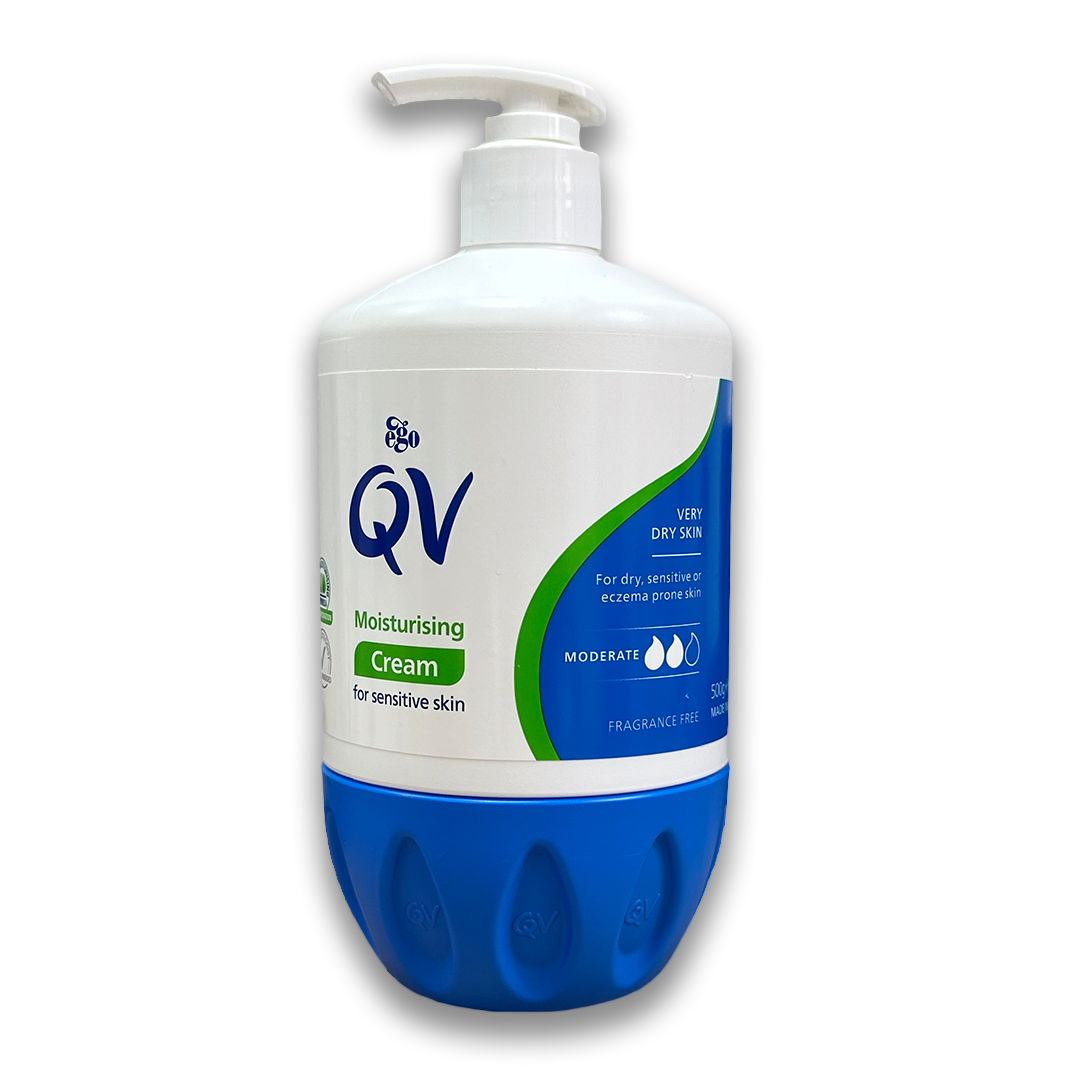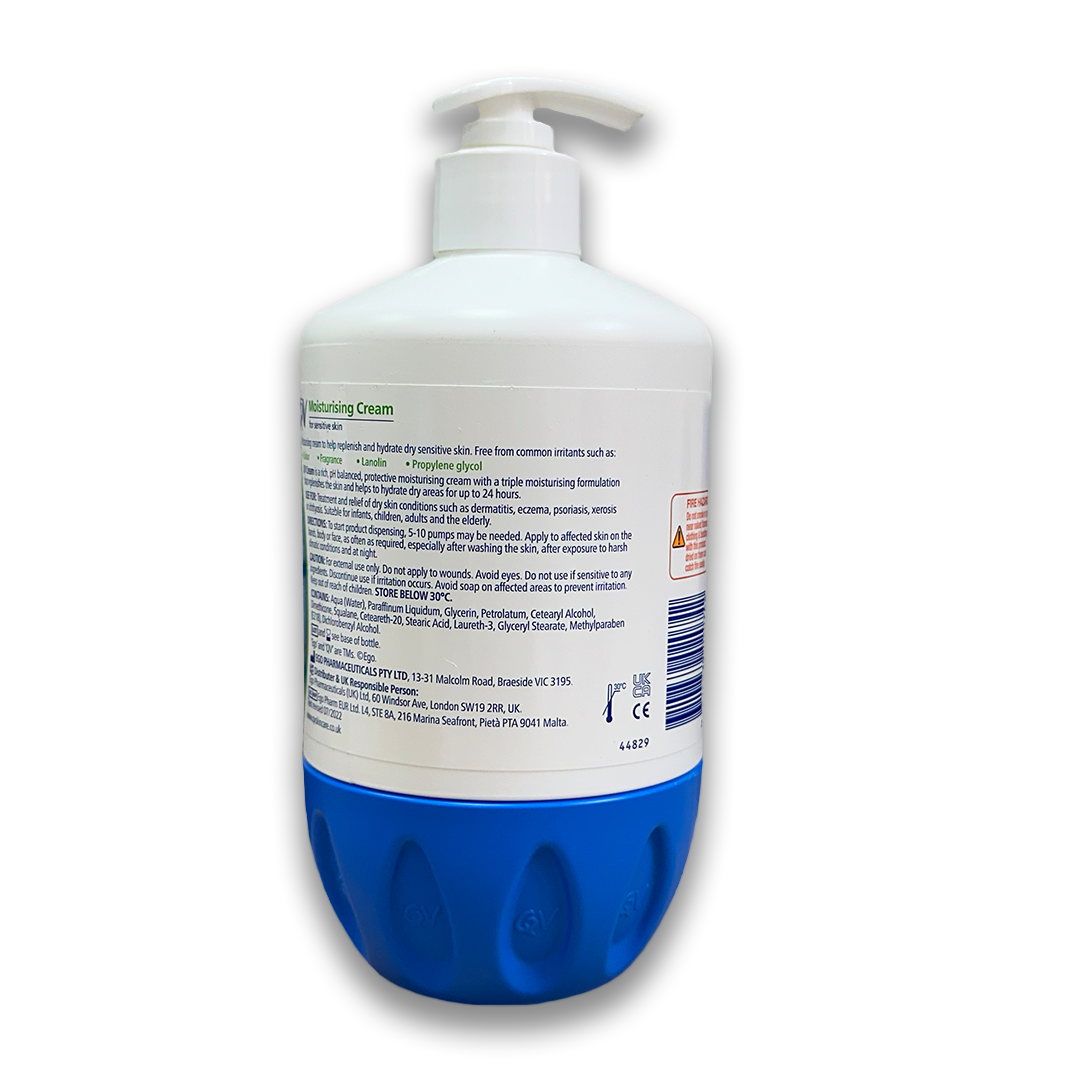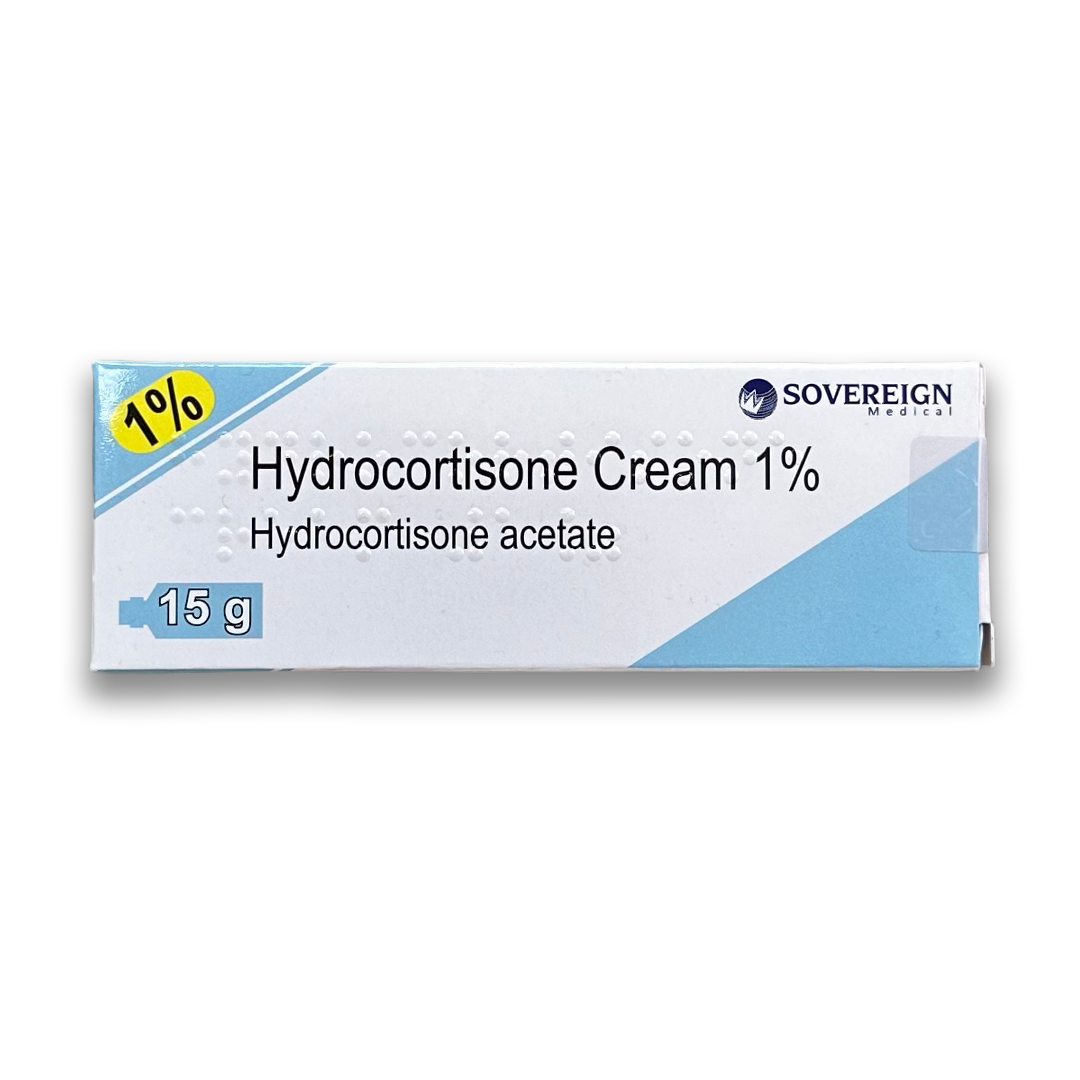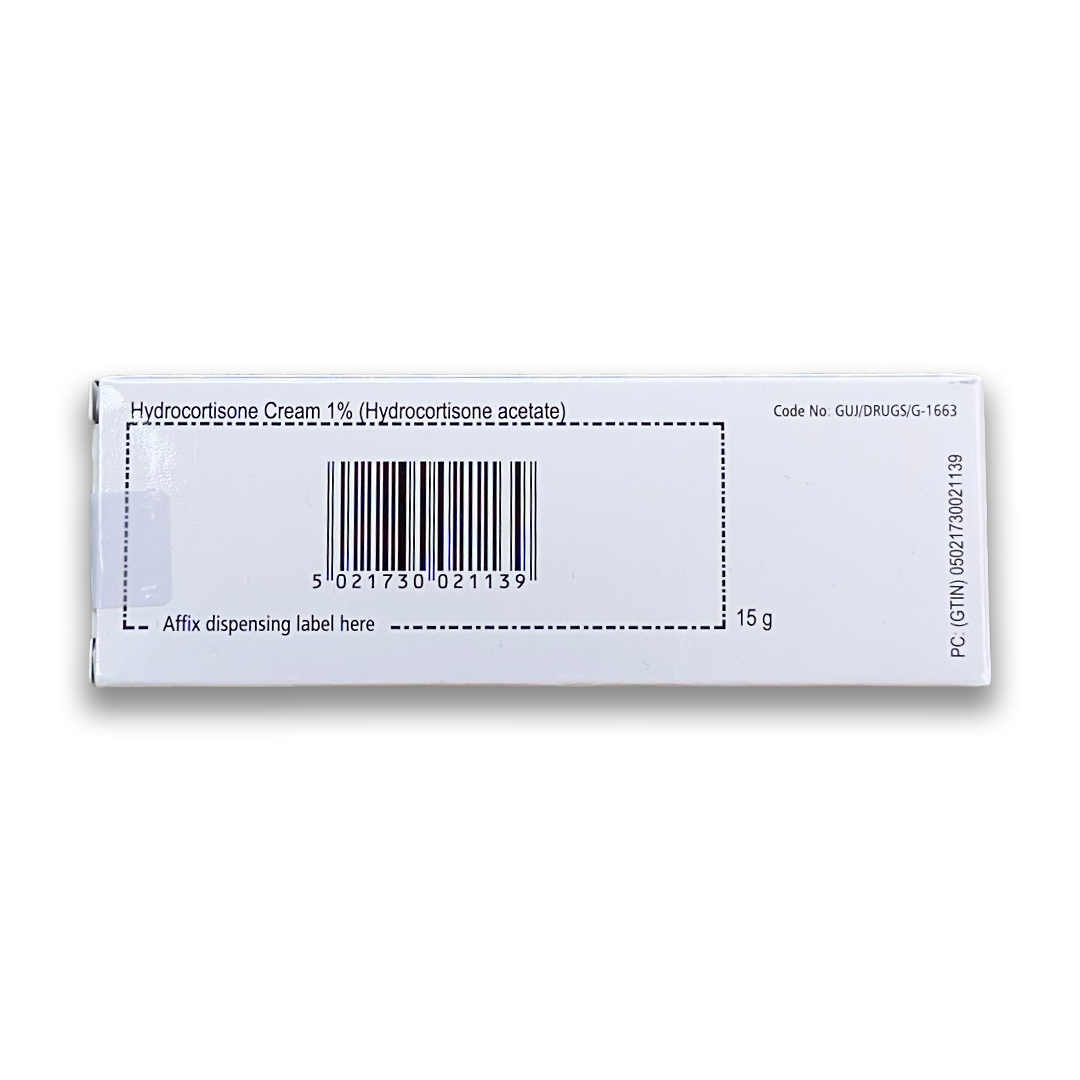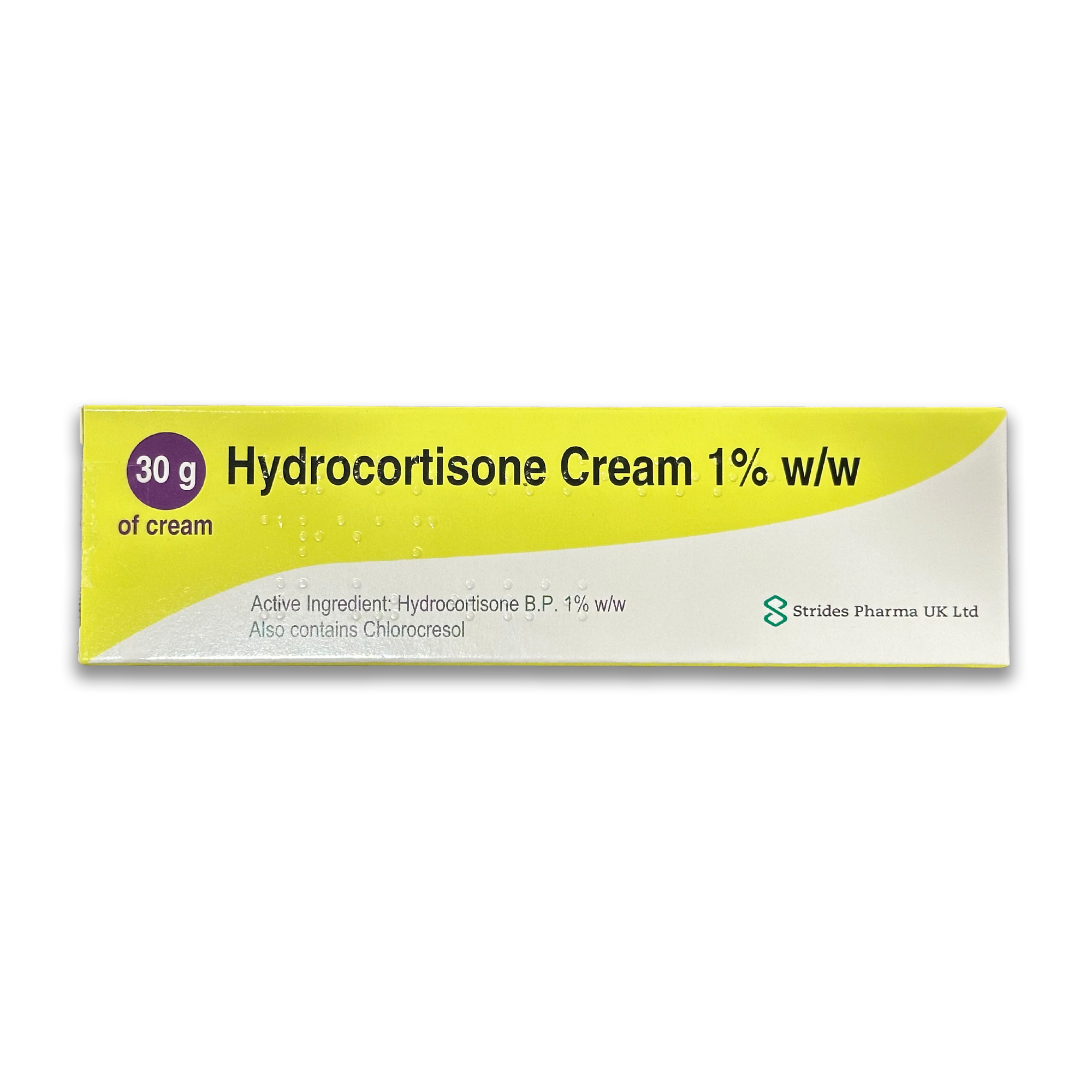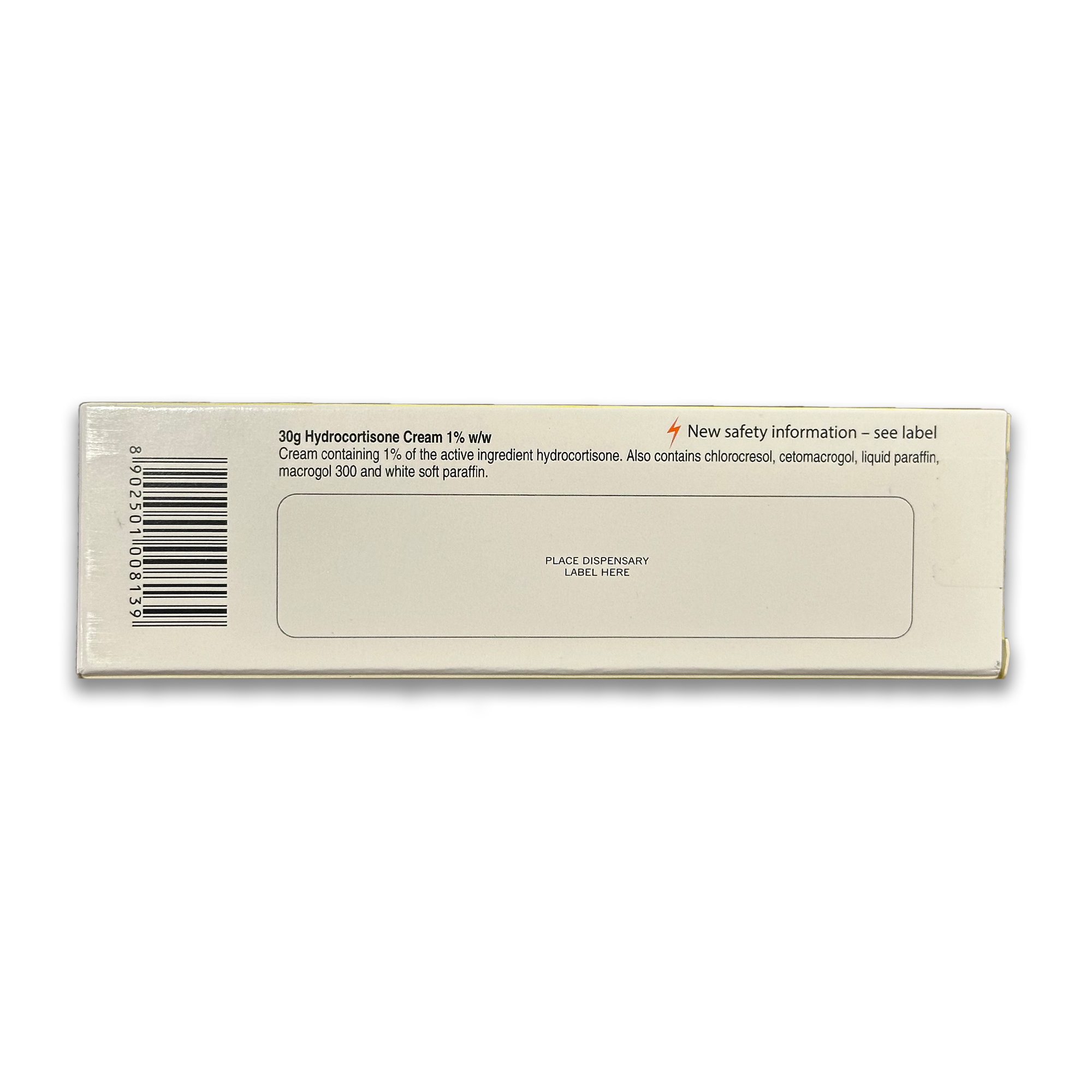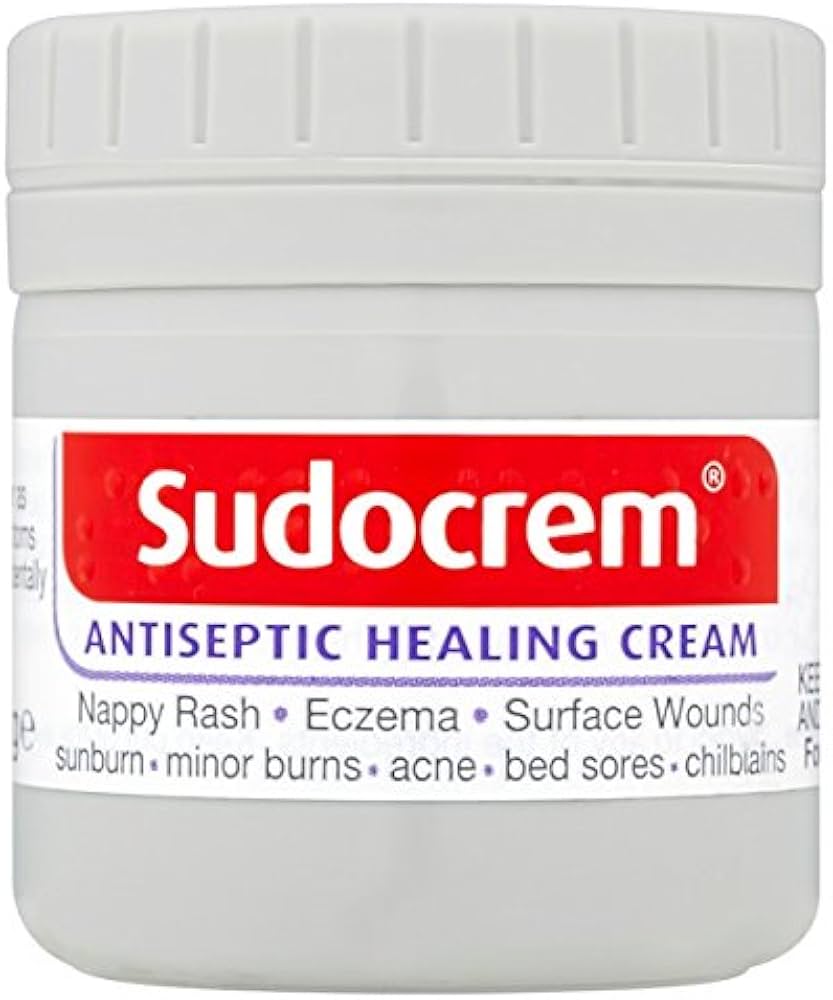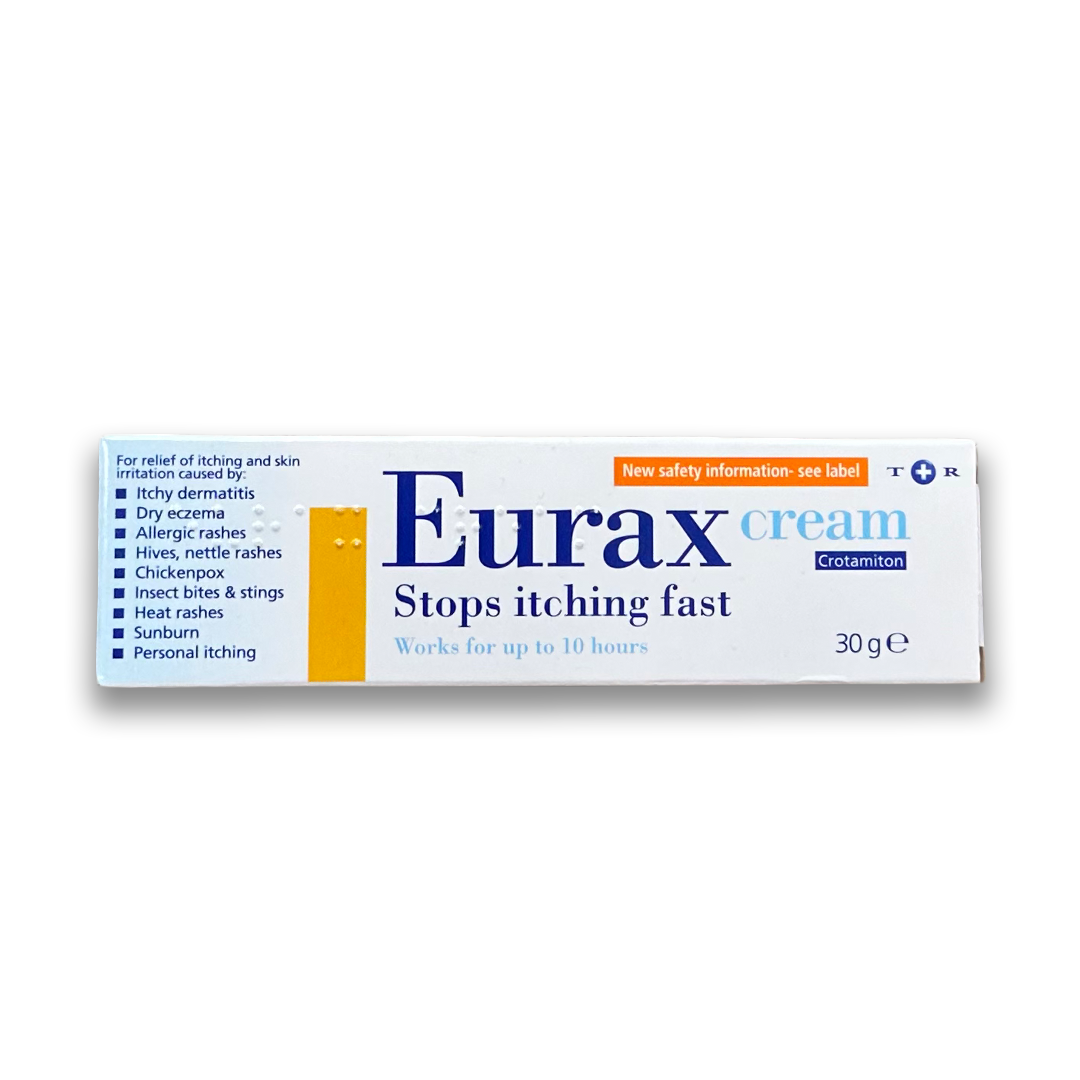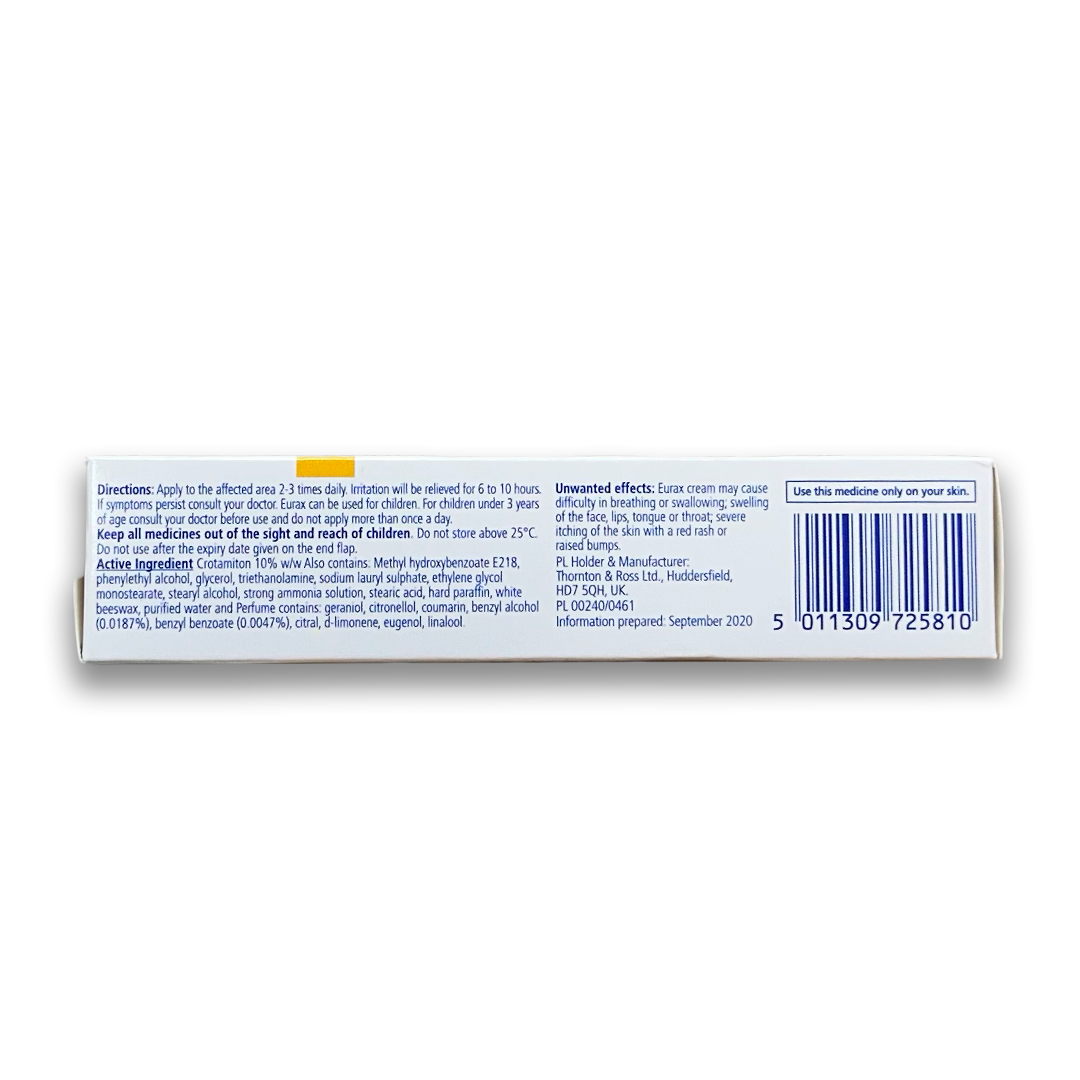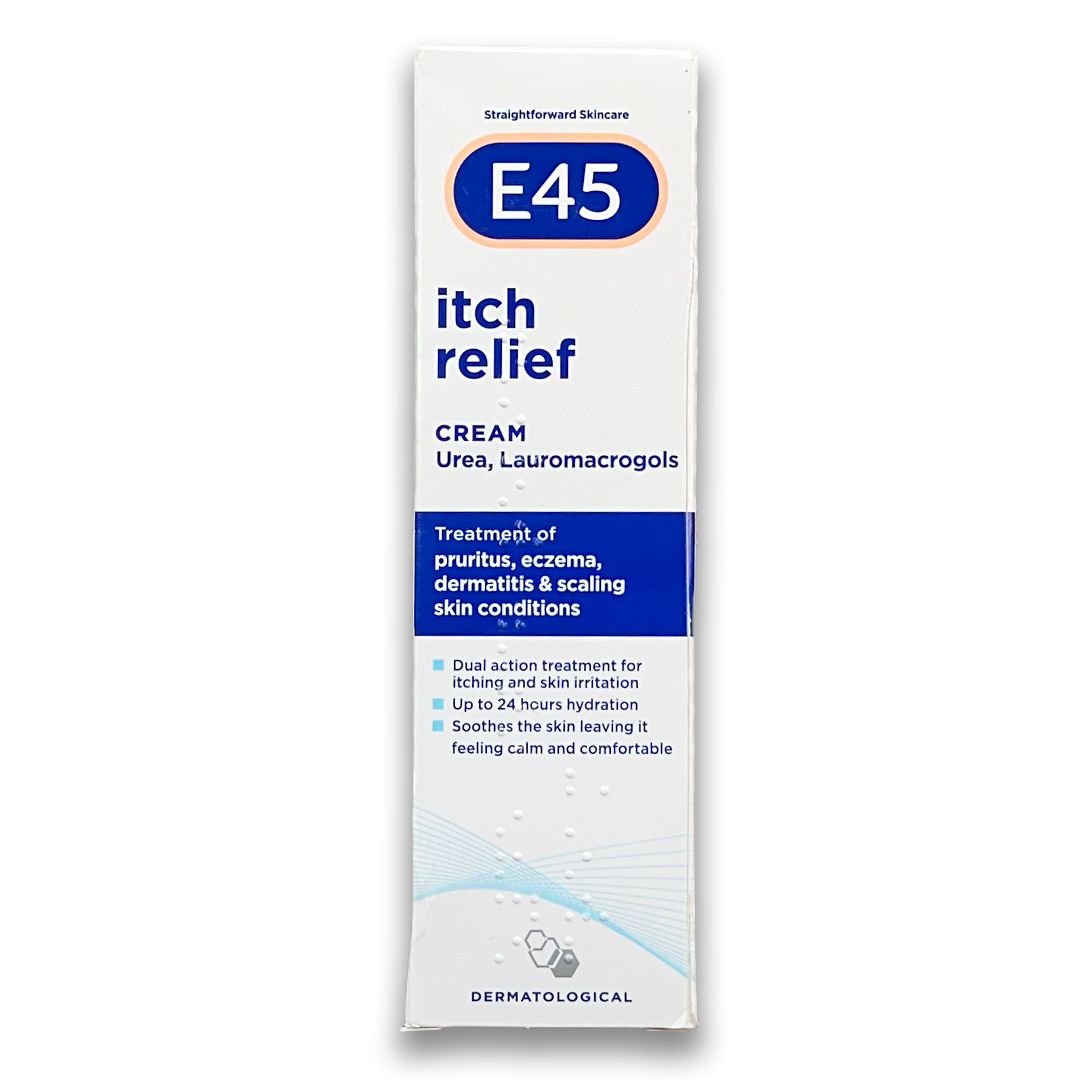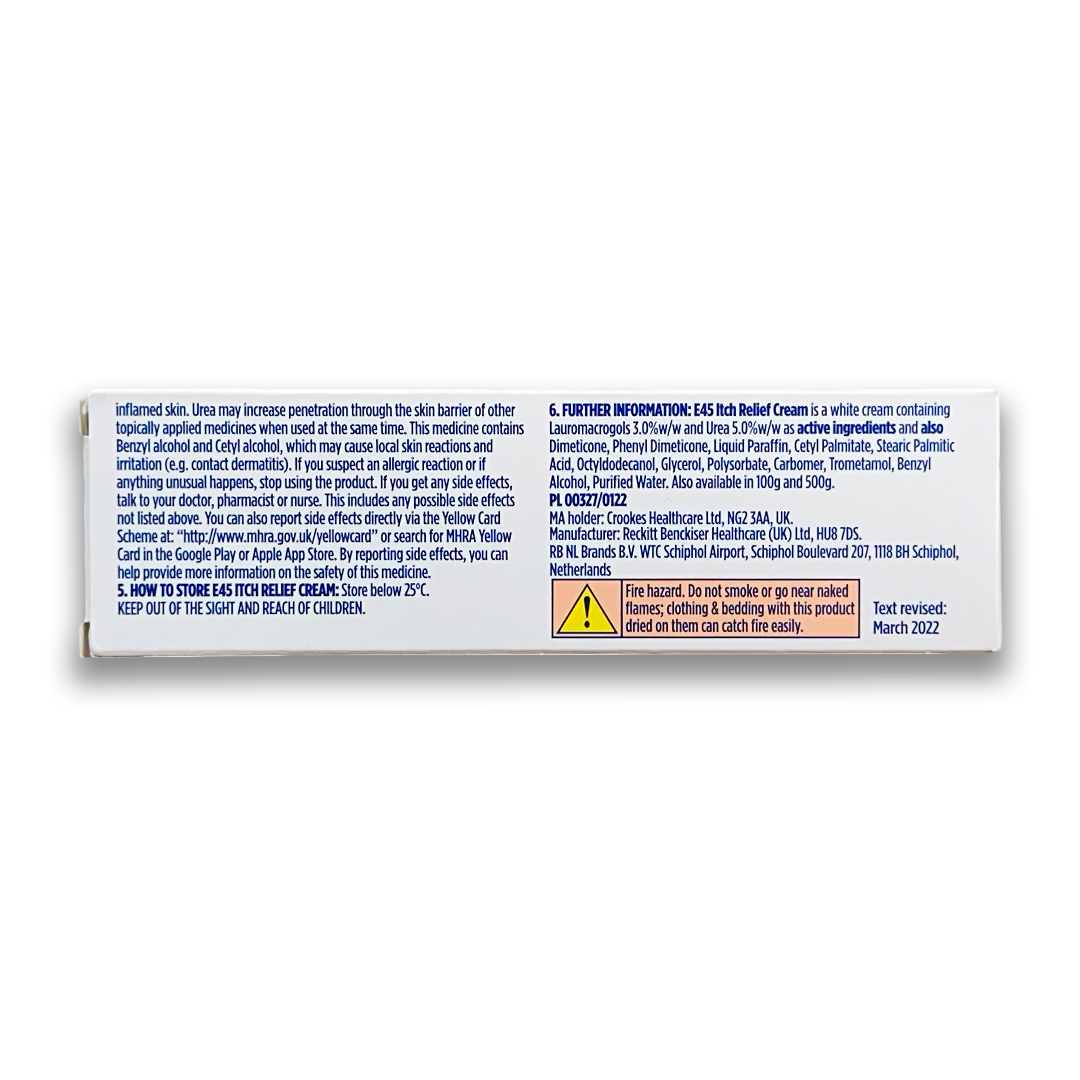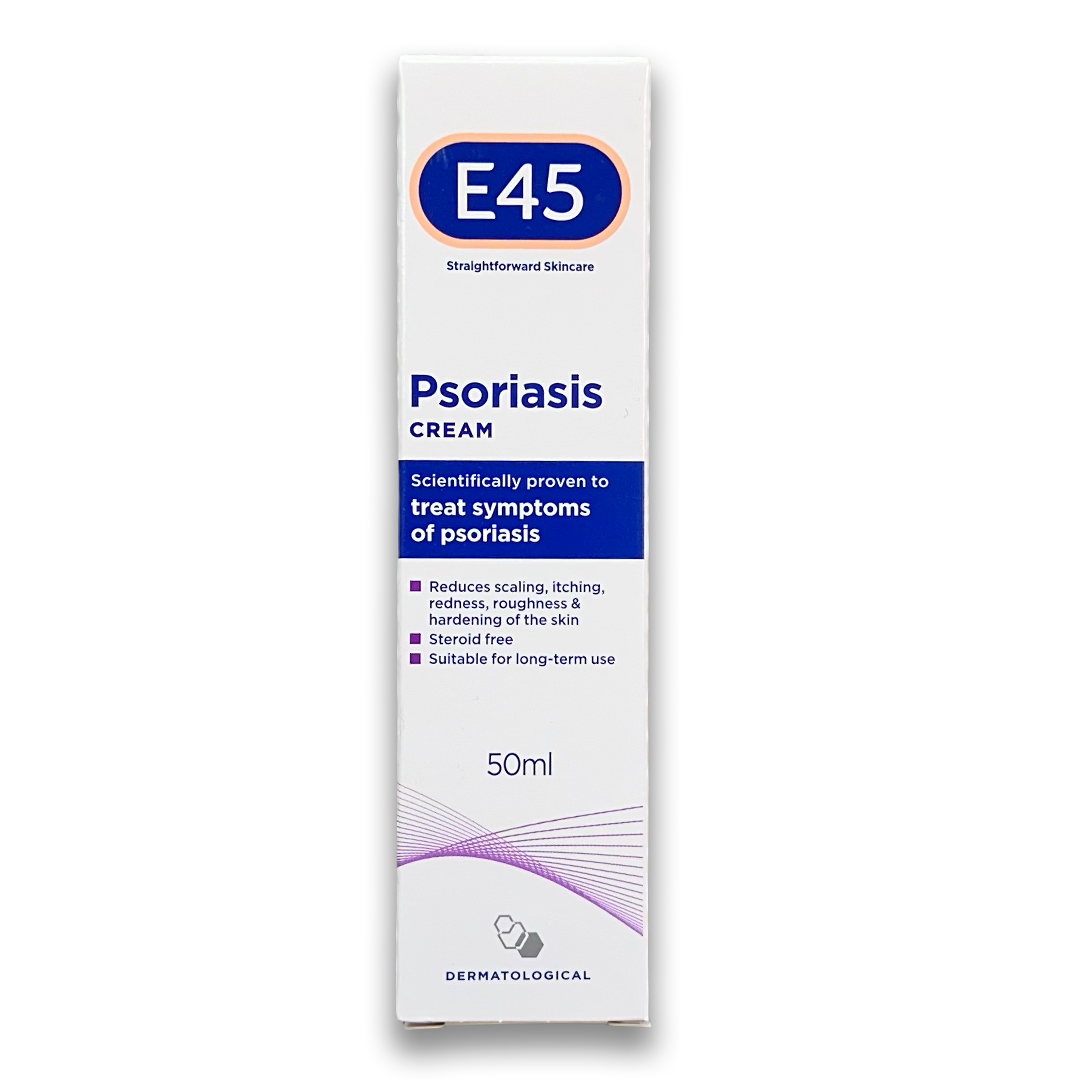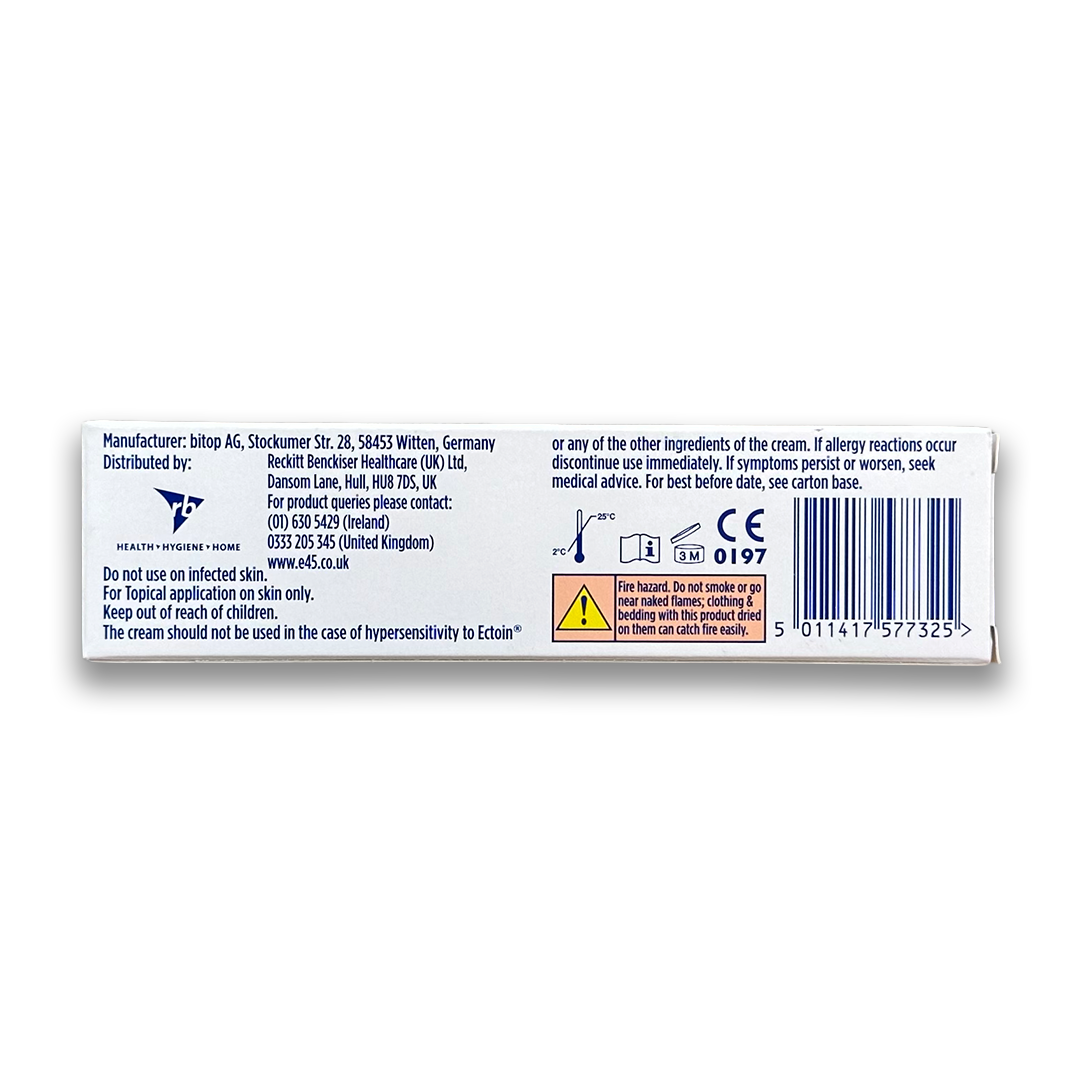Hydrocortisone 1% w/w Cream - (Brand May Vary)
Sudocrem Antiseptic Healing Cream

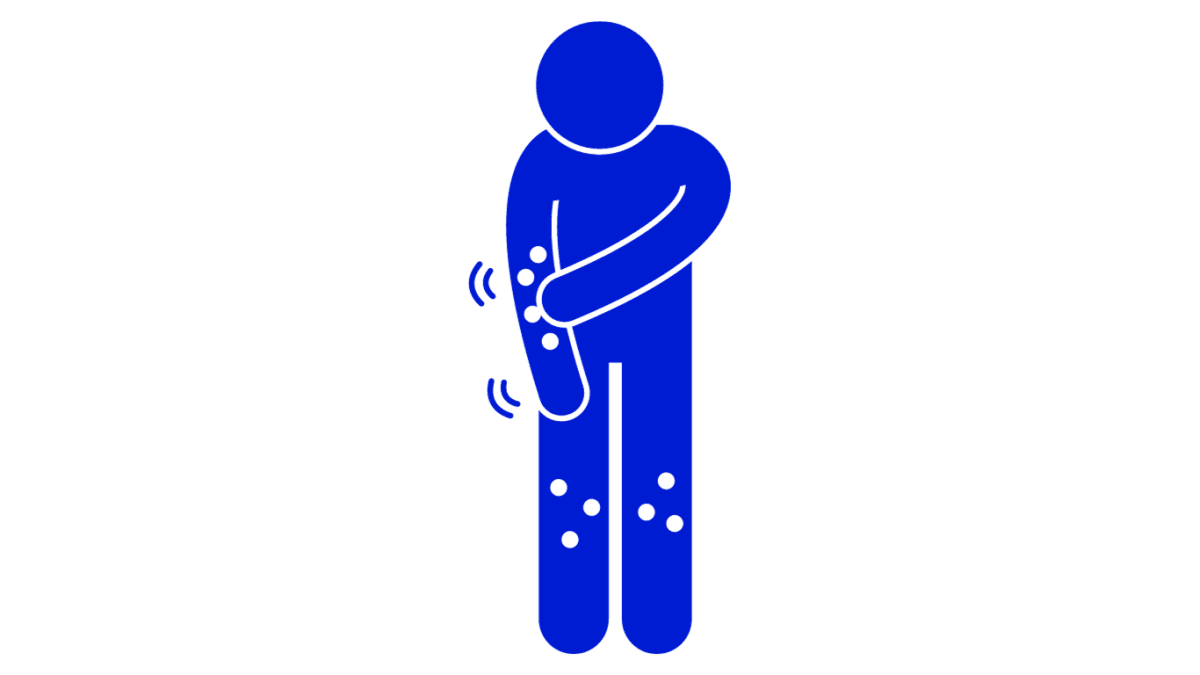
About Eczema and Psoriasis
Cause
Diagnosis
Treatments
Prevention
Further Info
FAQs
Are there any side effects or precautions I should be aware of when using eczema creams?
Can I stop using eczema cream once my symptoms improve, or is it a long-term commitment?
Can psoriasis affect more than just the skin and joints?
Is psoriasis contagious, and can it be passed on to others through skin contact?
We are here to help 👋
For assistance, please contact our customer service at info@rightangled.com. We are available Monday to Friday from 8 am to 5 pm. For urgent issues, please do not use this email. Instead, call 111, or dial 999 in case of an emergency.

